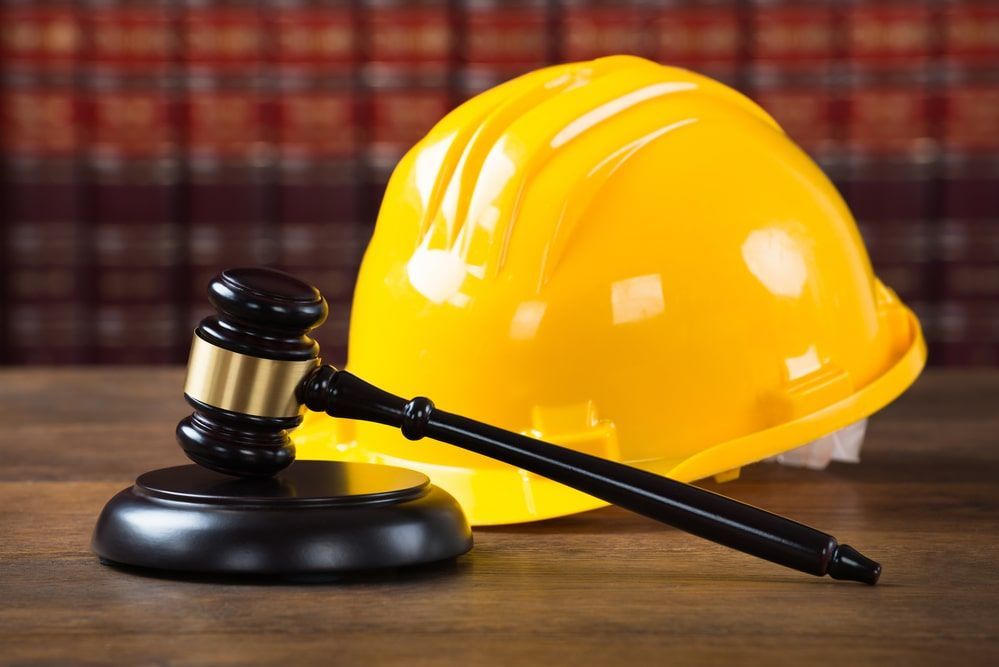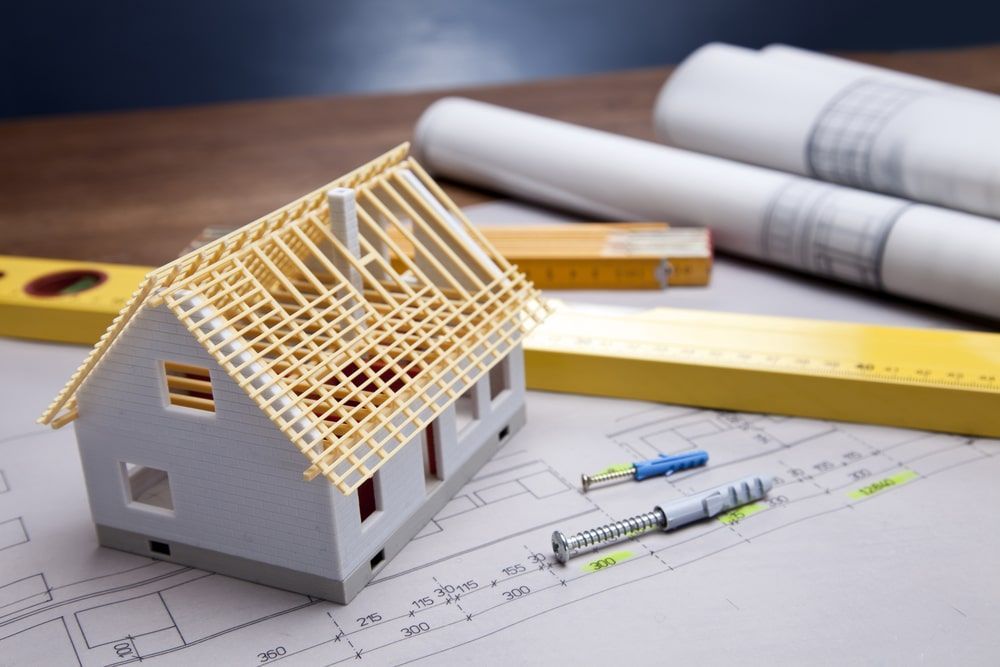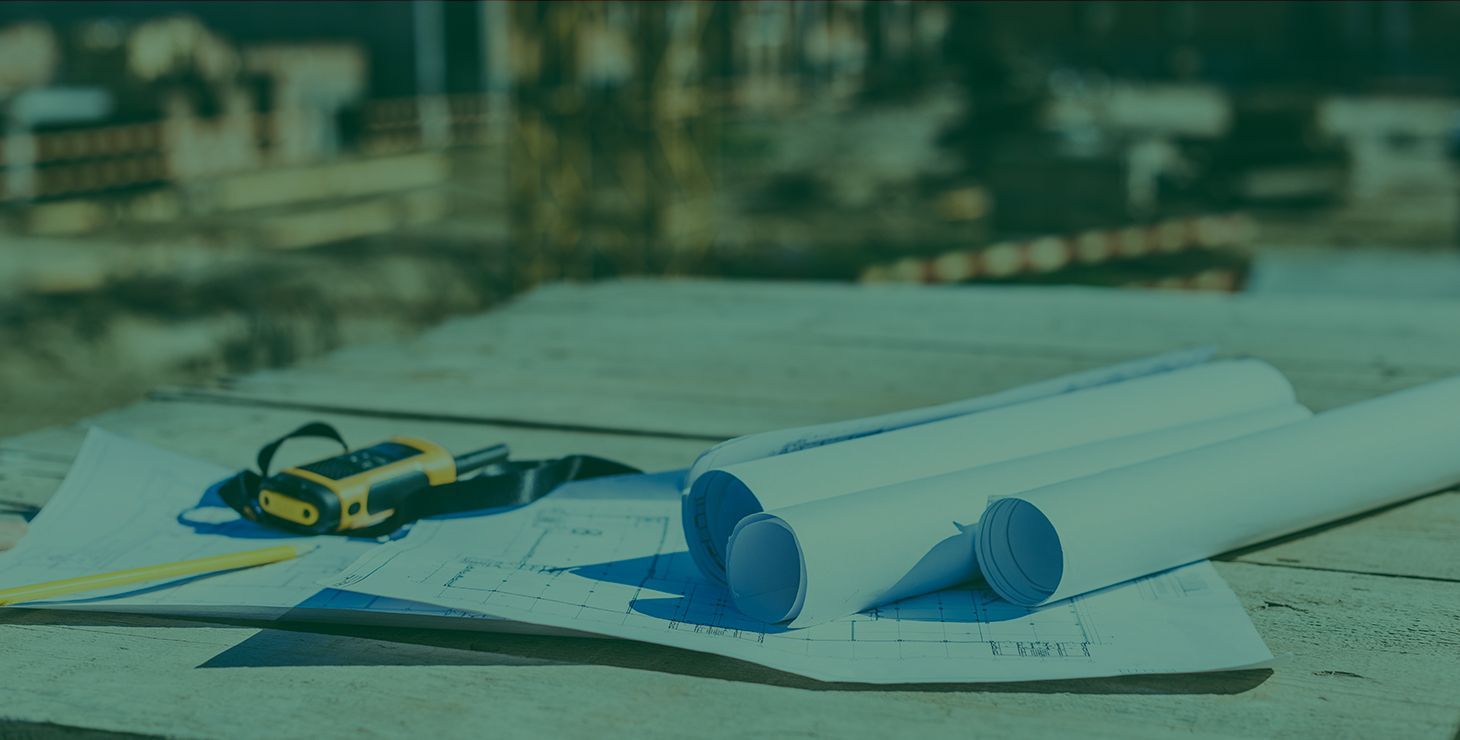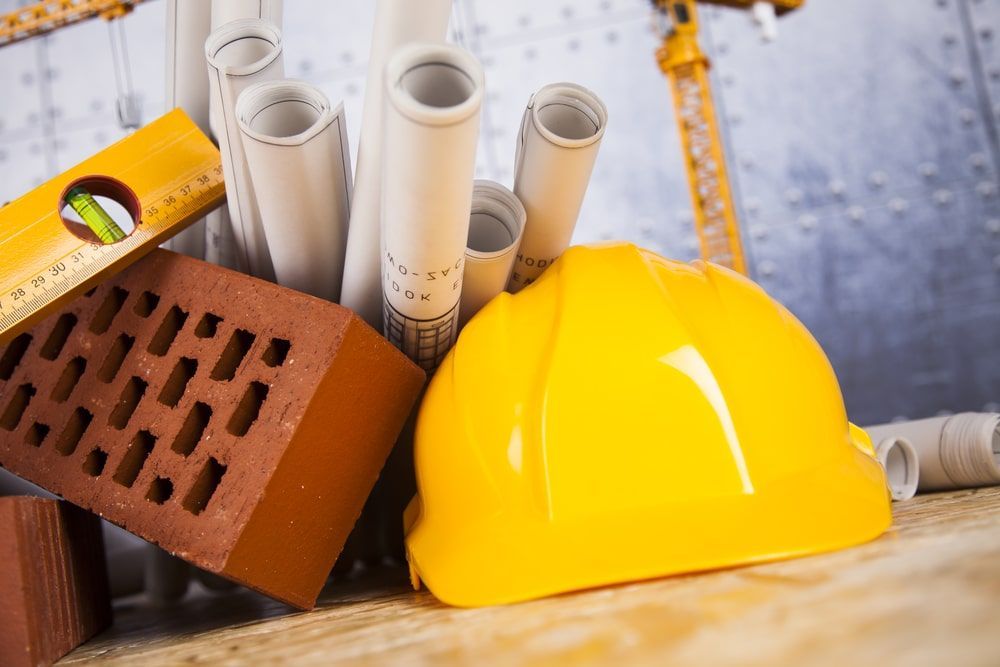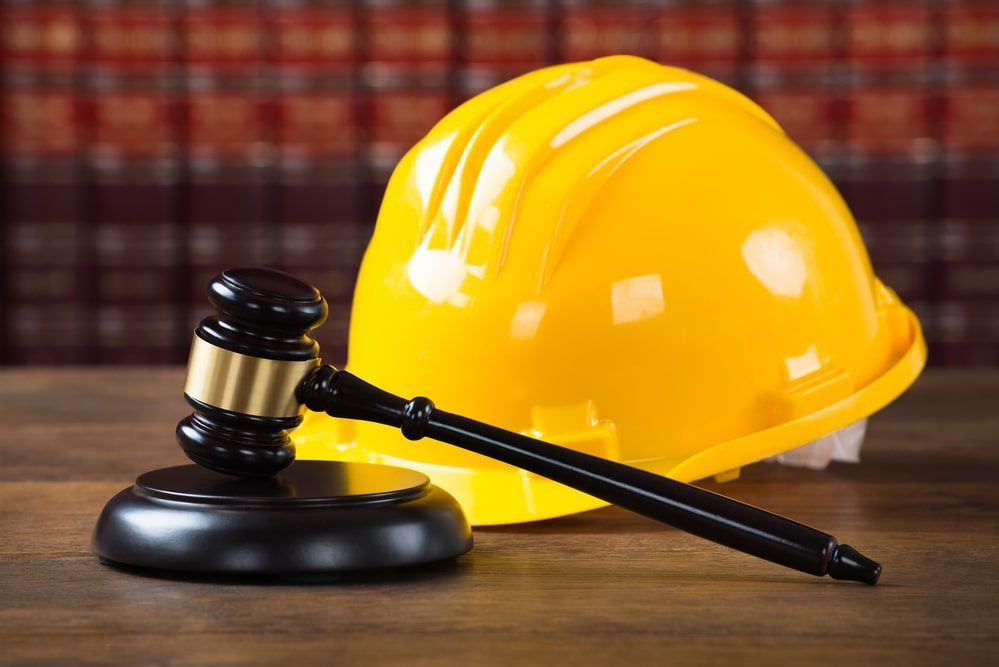Mechanic’s Liens on Your Title in Florida

If a mechanic’s lien is placed on title in Florida, it means that the property owner cannot sell or refinance the home.
It’s essential to understand why a mechanic’s lien may be placed on a home, what you can do to remove it, and how to avoid the potentially crippling costs of construction litigation.
What is a mechanic’s lien in Florida?
A mechanic’s lien is a “hold” against a property, usually filed by a contractor, subcontractor or laborer, who claims non-payment of a debt for work done. Material suppliers, architects, interior designers, engineers, and surveyors/mappers also have the right to file liens.
Liens are a way to avoid taking immediate legal action. Instead, the “hold” against the property is recorded with the county recorder’s office and prevents the sale of the property until the specified debt is paid to the lienor.
If the debt remains unpaid, a foreclosure action may occur, forcing the sale of the property in lieu of compensation.
For most property owners in Florida, this is never an issue. Most have never even heard of a mechanic’s lien.
However, during construction projects, many unforeseen events can happen and this can cause legal disputes to arise. A disgruntled contractor or subcontractor may exercise their right to place a lien on a property as a first step to securing their financial interests while the dispute is sorted out.
Mechanic’s liens are covered under Florida Code § 713.001 et. seq. but the laws are complex and liens often require legal advice to respond effectively to.
The importance of negotiating with contractors in Florida
Once a lien is placed on your property, it will not be removed until the dispute is resolved. This can be difficult if the parties involved are not communicating well.
Sometimes, contractors believe that they have been treated unfairly —which may be due to misunderstandings or communication breakdowns that make it appear that payment requests, calls or invoices have been ignored.
Misunderstandings over whether a piece of work was included in the original construction contract or was performed to the required standard are relatively common but don’t have to lead to liens or lawsuits.
If a contractor is owed money and there are no positive signs that the payments will be made, it increases the likelihood of a mechanic’s lien being placed on the property.
However, this scenario may be avoided entirely if you can negotiate with the disgruntled contractor before the relationship breaks down. Most contractors do not want to file liens or lawsuits due to the expense of construction litigation. Matters can usually be resolved with discussion, negotiation, or mediation — well before legal action becomes necessary.
Construction Mediation
Mediation is a particularly useful procedure when dealing with construction disputes out of court. It can generally save time, money, and delays to a project.
During this process, a trained and independent construction industry mediator (sometimes a qualified lawyer but not necessarily) will try to facilitate an agreement between the two disputing parties: this could be a partial payment, discounted payments, a staggered payment arrangement or some other compromise.
Mediation is an “alternative dispute resolution” process that has a very good track record of success in many fields — from family law cases to business and construction law disputes. The focus is on finding solutions that are acceptable for both parties in a setting that is more relaxed and private than open court.
Importantly, too, the final decision on whether to accept a solution rests with the disputing parties rather than a judge (as in construction litigation).
For these reasons, as well as the cost- and time-saving benefits, mediation is generally the preferred dispute resolution strategy for Florida construction disputes rather than other legal remedies.
What should you do if a lien is placed on your Florida property?
If a mechanic’s lien has been filed against a property you own and you cannot remove it with negotiation or mediation, you may be able to address the problem with one of the following strategies:
A lien bond is a guarantee through a surety company that the contractor will be paid the amount of the lien if the contractor is successful on the legal claims.
However, the lien is removed from the property record in the meantime.
You can also petition the court to have the lien removed. To do so, you will need to have legal grounds, such as the contractor never completing the work claimed or having been compensated for the work already. The petition will need to be filed with the Florida court serving your county.
Strict deadlines apply to liens. Under Florida construction rules , the unpaid business must file the lien “at any time during the progress of the work or thereafter but not later than 90 days after the final furnishing of the labor or services or materials.” A copy of the lien must then be served on the property owner within 15 days.
Contractors and subcontractors must also provide a “Notice to Owner” within the earliest of either:
- 45 days after the commencement of work on the project, or
- Before the date of the owner’s final payment to the contractor.
Some subcontractors are even prohibited from filing mechanic’s liens altogether.
Unless the lien rules and deadlines are met, you may be able to have the lien removed by filing a petition with the court.
How to file a mechanics lien in Florida
If a contractor or subcontractor wants to file a lien against a property owner, he/she must do so at the relevant county clerk’s office. i.e., where the property is located.
There are a series of procedures to follow to do this:
- Prepare and serve a Notice to Owner : this form establishes the right to file a claim of lien on the property.
- Prepare a Claim of Lien document : this form includes the name and address of the lienor, statement of labor and materials provided, description of the property, name of the property owner, lien amount, proof of service, etc.
- Serve the Claim of Lien : this must be served in person, by mail or by posting the claim to the property owner either before recording the lien or within 15 days of recording it.
- Record the Claim of Lien : this must be done at the county clerk’s office no later than 90 days after the final provision of labor, services, or materials.
Florida’s lien law is complex. Most contractors and property owners benefit from informed legal advice if they are facing contractual disputes of this nature.
For help with construction contract law of any kind in Florida, call Bennett Legal Group today at 407-734-4559 to arrange a free consultation. Alternatively, complete a short form and let us know the nature of your issue.
The post Mechanic’s Liens on Your Title in Florida appeared first on Bennett Legal Group, P.A..


